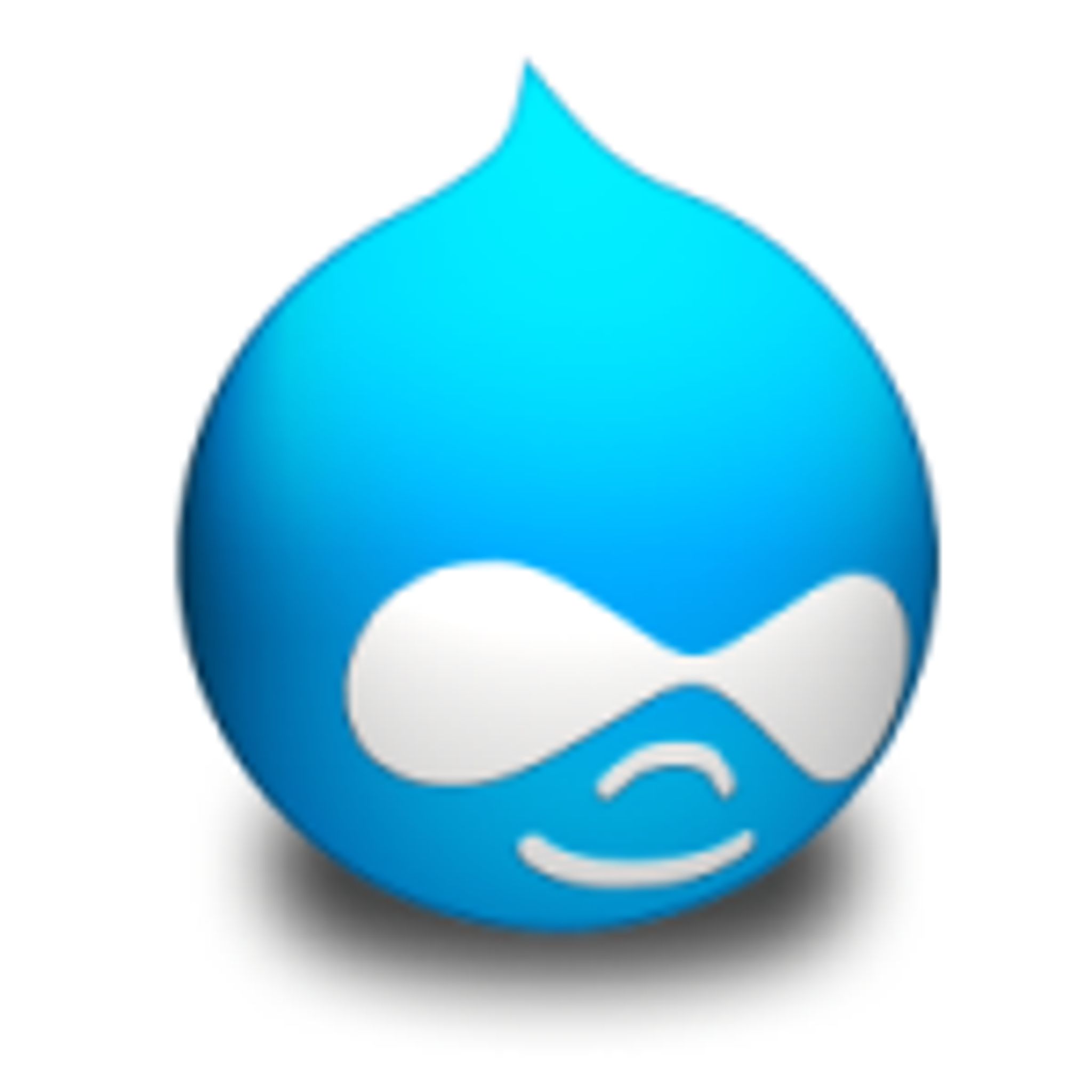First alpha of Drupal 7 is available

The first alpha release of Drupal 7.x has been made available for testing.
Drupal is one of the most popular and largest community based open source content management systems available today.
The 7.x series promises some interesting changes to the CMS.
Here are a few of the changes that can be expected:
Revamped User Interface
An incredible amount of work has gone into improving the user experience and administration interface. The new administration theme “Seven”, the overlay module, the dashboard and the configurable shortcut bar, all lead to a much more user-friendly interface. In-place editing is enabled for blocks and nodes by default, so modifying the content of a site becomes much simpler.
Custom Fields
Drupal 7 bundles in the ability to add custom fields, similar in functionality to the Content Construction Kit (CCK) module. However, fields are no longer limited only to content types; they can be added to users, taxonomy terms, and other entities. Fields also have support for translations.
Image Handling
Drupal 7 brings native image handling to core. Image fields may be added to content, and have image styles applied to them, such as scaling, cropping, and other effects.
Update Manager
Building on Drupal 6's Update module, which keeps site administrators informed when new module and theme releases are available, the new Update Manger module can also install and upgrade modules and themes.
Front-end “under-the-hood” improvements
A new render API allows for highly granular theming, core template files have been revamped to provide more semantic markup, Drupal 7 now has built-in RDFa support, includes jQuery UI and a new AJAX framework, and a new core theme “Stark” which exposes Drupal's markup directly for those who want to dive in and start theming.
In addition, Drupal 7 has several major accessibility enhancements, making it the most accessible release of Drupal to date!
Back-end “under-the-hood” improvements
A revamped database layer resolving nearly all limitations in the Drupal 6 database layer, automated testing framework, new PHP stream-based file API that supports private and public files simultaneously, revamped node access system, new hooks for more flexible system interaction, an Entity API, a job queue API, and many, many, many more improvements.
You can download this release from the Drupal website.